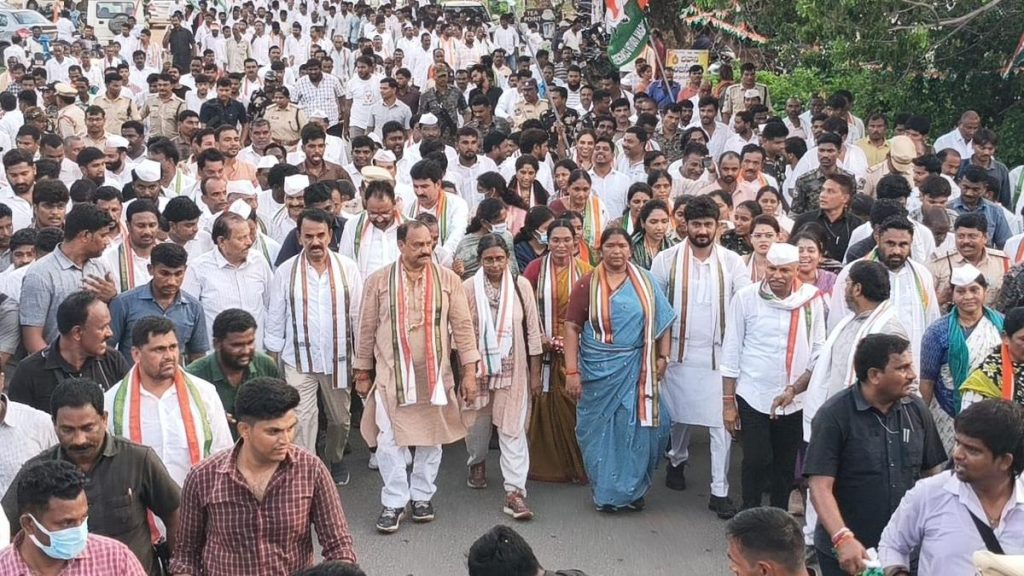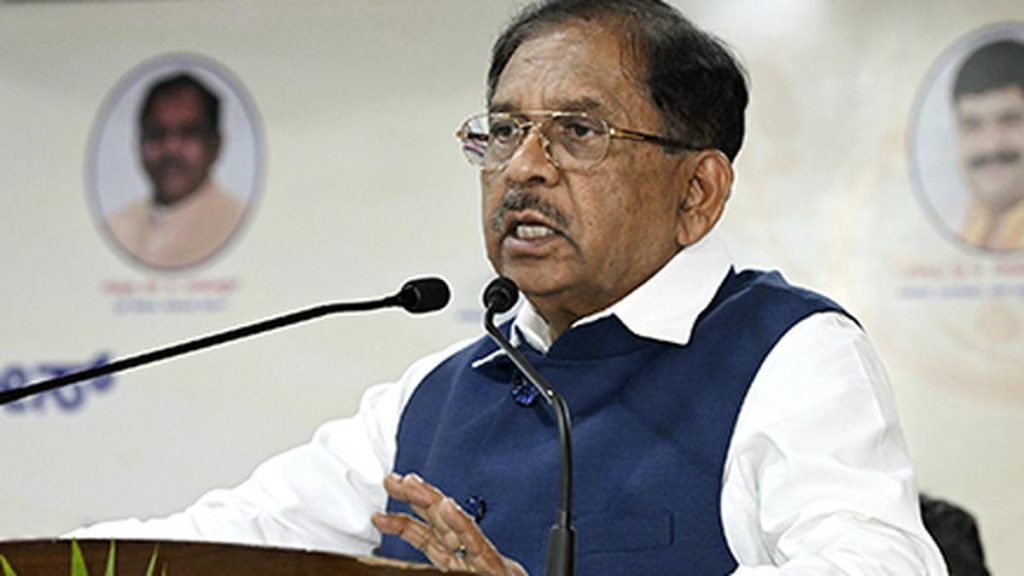Now Reading: AP Government Imposes Restrictions on School Entry
-
01
AP Government Imposes Restrictions on School Entry
AP Government Imposes Restrictions on School Entry

Quick Summary
- V. Vijay Rama Raju, Director of School Education Department, issued a directive prohibiting unauthorized individuals or groups from entering school campuses without prior permission from the head of the institution.
- Only parents and School Management Committee (SMC) members are allowed access to school premises; contributions or donations must be handed over directly to the headmaster/headmistress without interacting with children.
- Taking photographs with children and displaying political symbols, flags, banners, or posters within school campuses is strictly prohibited.
- Complaints and requests must only be submitted to the administrative office; staff and students are discouraged from direct interaction with outsiders.
- Student unions such as SFI (Student Federation of India) have condemned the directive, calling it suppressive towards student voices and detrimental to identifying problems in schools.
- SFI representatives claimed that similar regulations hinder accountability for private schools’ alleged irregularities and exploitative practices.
- All-India Student Federation’s State vice-president criticized government-held Parent-Teacher Meetings as ineffective in addressing institutional issues.
- Both student groups threatened Statewide protests if the order remains unchanged.
indian Opinion Analysis
The directive raises significant implications for how educational institutions manage external interactions. on one hand, maintaining academic focus by restricting access may help safeguard students’ privacy while preventing disruptions caused by external influences or political affiliations within campuses-a possibly pragmatic step for focused learning environments.
Though, critics argue that such restrictions could hinder openness regarding concerns like irregularities in private schools or unresolved grievances faced by students. The opposition voiced by student unions underscores a critical tension between protecting education spaces versus enabling advocacy platforms for systemic accountability.
Balancing these competing priorities will require sensitive implementation-ensuring compliance without compromising opportunities for constructive engagement. Whether this policy can achieve its stated goals depends heavily on proper interaction between authorities and concerned stakeholders including unions advocating on behalf of students.
Read more: [Link provided in original input]

























